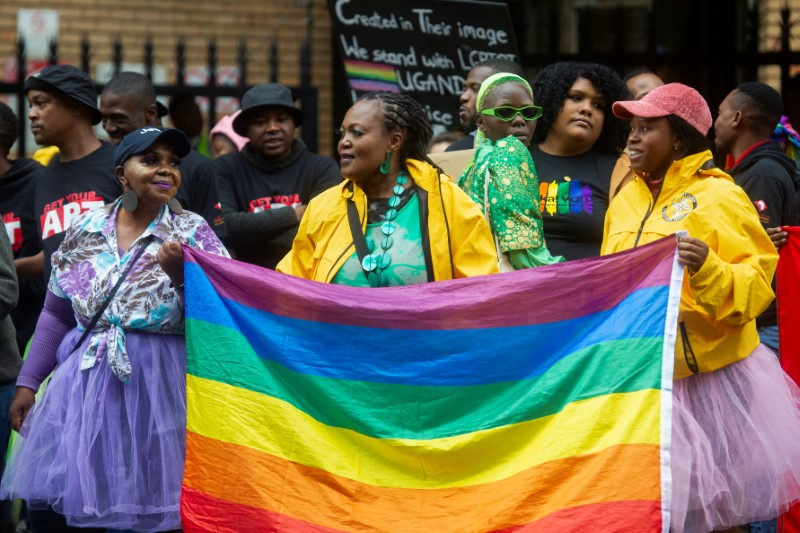A curious case in the UK has reopened an old debate: can sexual orientation become the ultimate lifeline for migrants whose other claims to asylum have failed?
A Nigerian man, whose asylum history reads like a patchwork of failed bids, has won the right to remain in Britain, this time on the grounds of his sexuality. He first arrived in the UK back in 1983 and tried every legal route available: political persecution, marriage, fatherhood, even the “right to family life” under European law. Each one collapsed. And then came the curveball, he declared he was gay.
At first glance, his record would hardly inspire sympathy. He overstayed visas, divorced, fathered a child, and even served four years in jail for violent disorder. Yet, after a final appeal in 2015, immigration judges ruled that deporting him back to Nigeria would expose him to “real risk of persecution.” Their decision rested on a “lower standard” of proof, satisfied enough that he was gay, and therefore qualified for protection under the Refugee Convention.
The ruling has raised eyebrows for two reasons. First, the timing. He only cited his sexual orientation years after every other argument had failed, prompting questions about credibility. Second, the political backdrop. The UK government is already moving to restrict the courts’ use of human rights law in asylum cases. According to Home Secretary Yvette Cooper, almost a third of claims now succeed on “exceptional” grounds, often under Articles 3 and 8 of the European Convention on Human Rights—the same provisions that saved him.
But the tribunal saw things differently. They admitted his history suggested a “clear motivation” to fabricate—but added that asylum claims cannot be dismissed solely because of past immigration failures. In their view, his story was “plausible and internally consistent.”
And here lies the real tension: what should courts prioritize; the messy personal history of a claimant, or the undeniable risks faced by LGBTQ people in certain countries? In Nigeria, where same-sex relationships are criminalized and carry prison terms, judges believed sending him back could expose him to persecution and family-driven denunciation.
For the UK, this is not just one man’s case, it is a test of the asylum system itself. Does sexual orientation now function as the last card on the table when all others have been played?
As governments tighten asylum rules, and claimants grow more inventive in their arguments, this case may be remembered less for the man himself and more for the precedent it represents: when everything else fails, the politics of identity may still hold sway.









